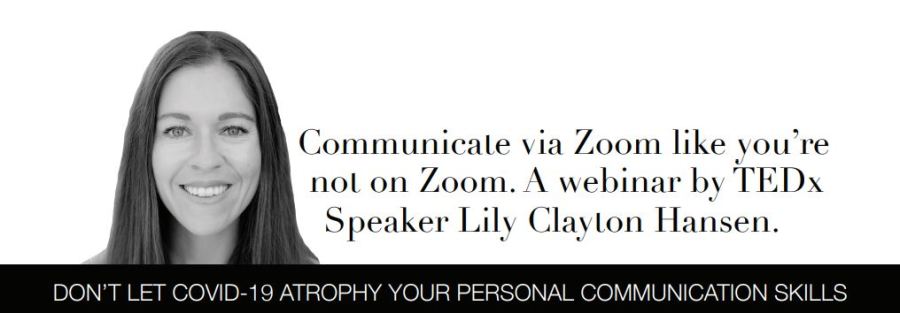
By Joe Diorio
A Vanderbilt University professor uses the phrase, “knowledge neglect” to explain why smart people can make mistakes over what seems like common knowledge.
Lisa Fazio, an assistant professor of psychology at Vanderbilt, shares a simple three-question quiz to make her point:
- How many animals did Moses take on the Ark?
- Which museum houses Michangelo’s portrait of the Mona Lisa?
- What phrase followed, “To be or not to be” in Macbeth’s soliloquy?
Fazio points out that you probably shared answers like, “two of each,” “the Louvre,” and “that is the question.” Gothcha! Noah built and piloted the Ark, Leonardo da Vinci painted the Mona Lisa, and it was Hamlet who posed the question. Fazio calls these easy to make mistakes “knowledge neglect,” whereby we have this knowledge in our heads, but we fail to use it. She postulates that this goes a long way toward explaining why so many people seem to be fooled by misleading news stories on social media.
Fazio also says repetition solidifies beliefs. In other words, if we keep saying Moses built the Ark we’ll eventually believe it. Details on her study can be found at the Vanderbilt news website.
Sound advice in the pandemic
Japan takes preventing the spread of COVID-19 seriously, even to the point of making sure no one shouts, thereby increasing the distance covered by droplet infection (yes, that is a thing). A sign at a theme park in Japan reads, “please scream inside your heart.” Show of hands, who isn’t screaming on the inside right about now?
Because we’re too old to cry
The New Yorker magazine carried a list of new language of the pandemic in its July 20 edition. Here are a few samples:
- Body mullet – what we wear for Zoom calls; work clothes on top, gym shorts (off camera, we hope) below.
- Maskhole – someone wearing a mask in a way making it ineffective; below the nose or below the chin.
- Parenting – figuring out why the PlayStation isn’t working with your WiFi.
- COVID-30 – Two months ago this was the COVID-15, but all that sourdough bread we’re baking is having an effect.
Word of the moment – encharged
A story in late June in The New York Times noted that the U.S. Centers for Disease Control and Prevention was “encharged” with management of the novel coronavirus. Encharged is a transitive verb, meaning to give responsibility, duty, or task to someone. It’s an old term, to be sure, and I have only seen it the one time. Let me know if you have seen it anywhere else.
Second word of the moment – piffle
I stumbled across this one while scrolling through my Twitter feed. It’s a noun, first used in 1890 – although one of my proofreaders says she first heard it on Monty Python – meaning “nonsense,” as in “it’s absolute nonsense to say violence is OK.” (The word “violence” was in the dictionary definition. I’m not making a political statement here.)
Personally, I think it is piffle to use an old term like encharged to explain the CDC’s pandemic responsibilities, but that’s just me. And yes, it is correct to say “it is piffle” rather than “it is a piffle.” You wouldn’t say “it is a nonsense,” would you?
And a word about labels
If someone tells me they grew up in Chicago, I will for fun ask them if they are a Cubs or a White Sox fan. If they say Cubs, then chances are they grew up in one of the Chicago suburbs, whereas die-hard White Sox fans grew up within the Chicago city limits. Labels like that are by no means absolute – for example, I grew up 50 miles from Yankee Stadium yet I’m a Red Sox fan – but they can be an indicator.
In that spirit a study by Kathleen Hall Jamieson of the University of Pennsylvania and Dolores Albarracin from the University of Illinois suggests that in the early days of the COVID-19 pandemic Republicans tended to think the virus was a hoax, whereas Democrats felt it was real.
But as I said, labels are piffle.
Let’s write carefully out there, people.
Joe Diorio is a writer living in Nashville, Tennessee.
Sign up for his newsletter – text AFEWWORDS to 22828.


Hello from Chicago. (I prefer the Blackhawks, by the way.) To go with piffle, I suggest one of my favorite terms from Sir Arthur Conan Doyle’s Sherlock Holmes stories — ineffable twaddle. Twaddle is somewhat stronger than piffle, and ineffable is inexpressible (i.e., that’s what it means, not I don’t know how to express it). I suppose you could use “ineffable piffle” if you really wanted to know what it felt like to sputter in a mask.
LikeLike